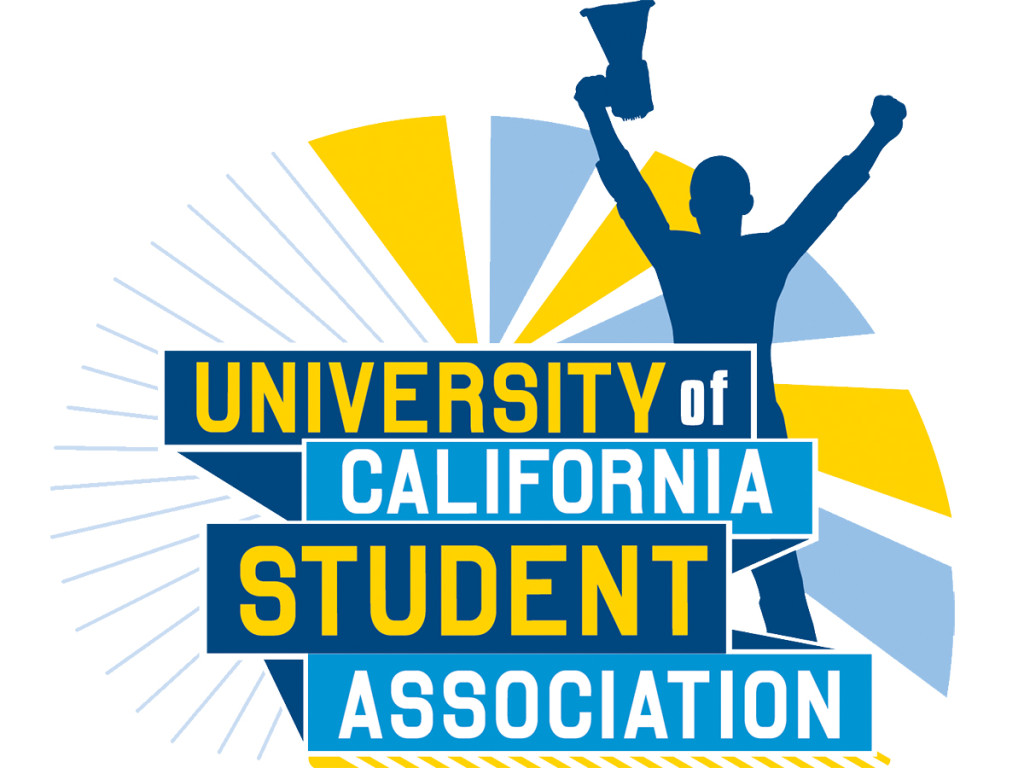
On Feb. 18 the UC Student Association (UCSA) released a ranking of the different mental health service institutions across the UC. UCR was given a C-minus ranking, with UCSA pointing toward the counseling center’s lack of accessibility and diversity.
UCSA conducted mental health surveys across the system as part of the #HowAreYou campaign, which seeks to raise awareness regarding mental health, from September 2015 to February 2016. As part of the survey UCSA asked students 17 questions ranging from “What is the average waiting time for an initial appointment?” to “In your opinion, on a scale from 1-5, 1 being not visible or readily available, is information regarding counseling and mental health accessible and readily available for students?”
These questions attempted to address three areas of service, accessibility, (the ability to receive prompt care in a safe and comfortable environment) diversity (how accurately the skill sets and identities of Counseling and Psychologists Staff (CAPS) reflect the demographics of the student body) and outreach (proactive efforts by CAPS to circulate information about services to the campus community).
Each of the responses to these questions added up to a score of 31.5 points with 19.5 points directed toward accessibility, eight for diversity and four for outreach. As of press time UCR’s UCSA representatives have not discussed what UCR’s total score was and did not respond to inquiries.
UCR Counseling Center Director Elizabeth Mondragon spoke on ways the counseling center works on maintaining its accessibility to students. Currently, there are 11 licensed clinicians and three interns on the staff, with the center planning to expand to its staff to over 17 full-time employees by the end of next year, due to the assistance of student mental health funds.
Mondragon explained that the standard wait time for service at UCR is approximately two weeks, which is a standard across the UC in addition to walk-in visits which occur from Monday through Friday from 8:30 a.m. until 4:30 p.m. Walk-ins are not meant for immediate therapy sessions, but serve to assist students in immediate need for issues such as crisis management.
According to Mondragon, UCSA contacted her once regarding the survey and did not follow up with a response until after the center was graded. In addition, the director explained that UCSA representatives were supposed to meet with the director before the results finished; however the representatives did not meet with her until after the grade was finalized. Due to this, Mondragon felt that the UCSA study did not accurately encapsulate the services provided by the department.
“I was surprised that it (the score) was low. Some of the critical items I understood, our ratio of FTE (full time employees) isn’t where we want to be, but some of the items … questions regarding diversity for example, we have quite a diverse staff. Questions on competency, we work really hard to recruit people who are multiculturally and diversity competent and that’s one of our critical items,” Mondragon explained in regards to diversity. “We could never (legally) hire someone based on anything other than their qualifications.”
The director believes that the survey was meant to put pressure on UC campus administration to allow more funding for the campus mental health services. “I think it was hard for us to receive the grade, because one of the worries is that … I think the grade was really focused on resources … but if a student looks at that grade are they thinking quality of service?”
Despite this grade the director maintained confidence in the student body for allowing the center to improve the campus’ mental health. The increase in staff wouldn’t “have happened without students and student voices saying we want this. I think our students continue to support our work and our efforts,” Mondragon expressed.








